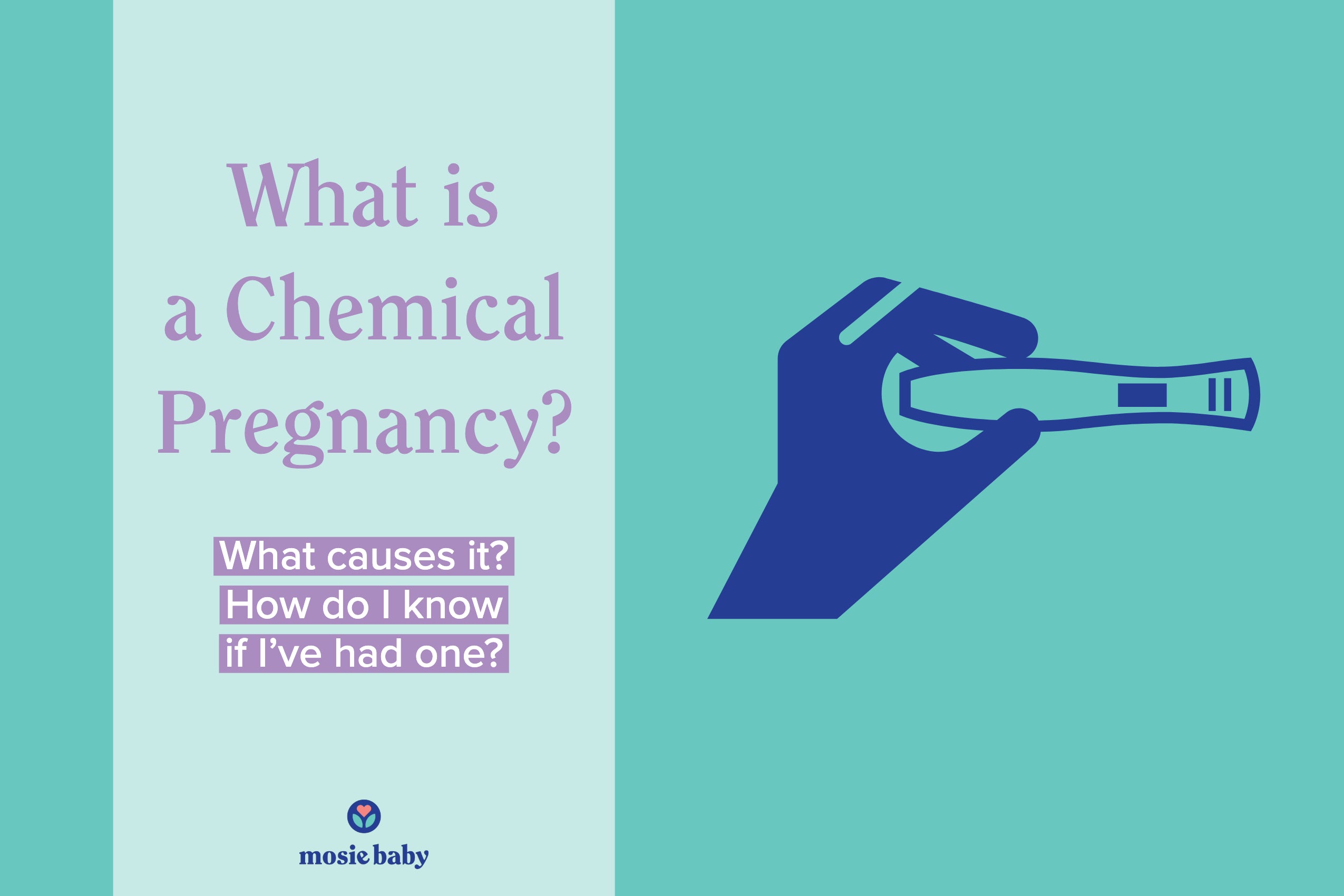What is a chemical pregnancy? What causes it? And how do I know if I’ve had one?
Answers to these questions are important to have on your journey to conceive. First thing you need to know is that a chemical pregnancy is very common. In fact, 50-75% of all miscarriages are considered chemical pregnancies. You may have had one in the past without even realizing it.
If you experience heavy bleeding soon after seeing a positive pregnancy test result– you can assume you’re having an early miscarriage – or a chemical pregnancy.
Here’s what’s going on inside your body: After the fertilized egg implants itself into the uterus, cells that would become the placenta begin to produce detectable levels of the pregnancy hormone – hCG. Those hormone levels result in a positive pregnancy test – or blood test.
When the fertilized egg doesn’t complete the implantation process and the pregnancy is no longer going to progress – your uterus begins to shed its lining. This typically happens about a week after your regular period is due. That’s why some people may not even realize that they’ve had a chemical pregnancy.
What are the Symptoms of a Chemical Pregnancy?
The symptoms of a chemical pregnancy include cramps – similar or even more intense than when you menstruate. You would also have heavy bleeding, which may have dark red or blackish clots.
A chemical pregnancy occurs before a gestational sac or placenta begin developing, so you wouldn’t be able to see a heartbeat on an ultrasound at this early stage.
If you’re experiencing only light spotting – or light bleeding after a positive pregnancy test – it could be implantation bleeding – which is a normal sign of a healthy pregnancy. However, if you are unsure and if you think you may have experienced a miscarriage, please call your doctor.
Why Do Chemical Pregnancies Happen?
It’s basically nature’s way of eliminating an embryo, or fertilized egg, that isn’t developing normally – and may have genetic or chromosomal abnormalities. There may be other causes for an early miscarriage – including issues with the fallopian tube, uterine lining, egg quality or low progesterone levels.
A miscarriage – no matter how early – can be very emotional, confusing and scary. But there are some good things to focus on here. Just because you had an early pregnancy loss, doesn’t mean you won’t be able to get and stay pregnant next time. It may also be comforting to know that it’s not your fault! Most chemical pregnancies are due to chromosomal errors and there’s nothing you could have done to prevent them.
When you are ready to try again, know that you will be able to ovulate and potentially become pregnant as early as two weeks after an early miscarriage.
When Should I Seek Help for a Chemical Pregnancy?
Miscarriages may be a sign that there is an underlying medical problem that may require a visit to a fertility specialist to diagnose and treat. Many fertility issues can increase your chances of having a miscarriage - including PCOS, endometriosis, thyroid conditions and poor egg quality. If you think that you may have any of those issues, or you are having recurrent pregnancy loss, you should see your doctor. However, if you have had only one chemical pregnancy, it is ok to call your doctor to seek out their insight and guidance.
If you have any questions please reach out to us at mosie@mosiebaby.com or check out our Resources Center for more info. We are here for you!

